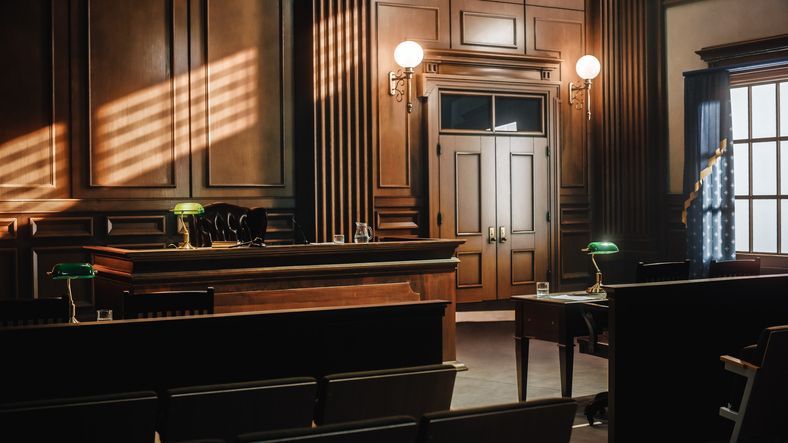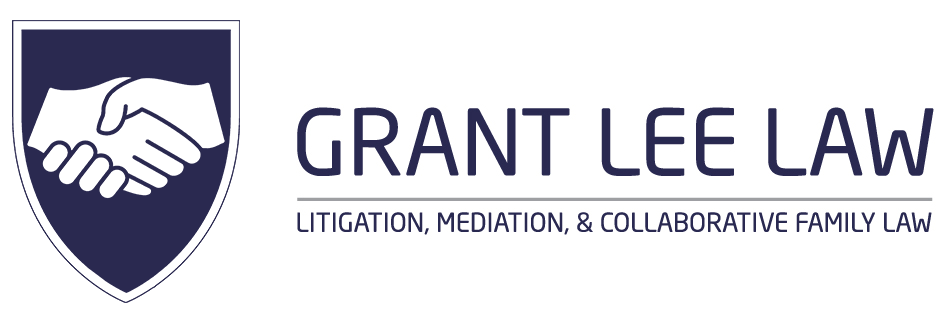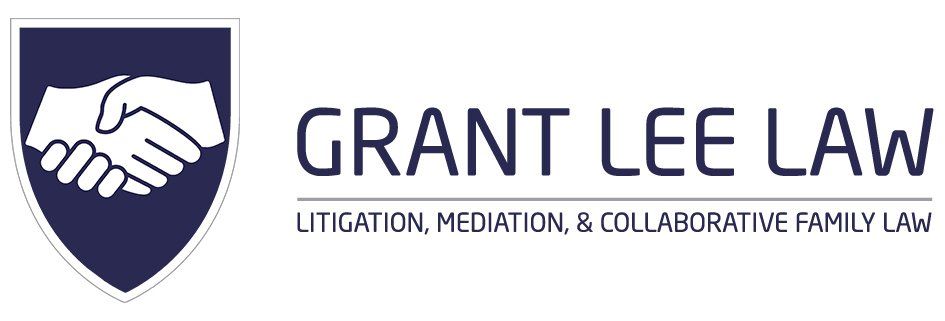Litigation: The Family Law Process - Trials
In the family law process, a trial is the final step if you and your former partner cannot resolve your issues outside of court.

Welcome back to part 9, the final post in our Family Law Process series. These posts went through the family law process from start to finish, and identified what you can expect to occur at each step in your matter. Please note that it is possible that not all of the steps will occur in your family law matter.
5. Serving and filing court documents
6. Mandatory Information Program
7. Conferences
8. Motions
9. Trials
The Trial
In the family law process, a trial is the final step if you and your former partner cannot resolve your issues outside of court. In the trial, you and your former partner will appear before a judge and present evidence supporting your respective claims. At the end of the trial, the judge will make a court order regarding the issues in the case. Family law cases are decided solely by a judge, not a jury. The test used is on “balance of probabilities” which is where the judge believes that one party’s story is more likely to have occurred than the other party’s story. Judges are neutral and impartial, and will judge the case according to the evidence provided.
Steps in Trial
The trial process usually occurs in the following way:
1) Opening statements: each party will provide the judge with an oral summary of the issues, background facts and what the party is requesting, and a broad view of the evidence that will be presented.
2) Applicant’s evidence
3) Respondent’s evidence
4) Applicant’s reply (if required)
5) Closing statements: each party will provide the judge with an oral summary of the evidence that has been provided, and a review of the party’s request.
6) Decision by the judge
Trial Record
A trial record is a set of documents provided by the Applicant that ensures all the parties involved have the information required. A trial record must include the following:
1) A table of contents listing all the documents in the trial record;
2) A copy of the Applicant’s Application;
3) A copy of the Respondent’s Answer;
4) A Reply, if one was provided;
5) Any agreed statement of facts;
6) Any assessment reports that the court ordered or that the Applicant and the other party agreed to have prepared;
7) Any report from the Office of the Children’s Lawyer (OCL);
8) Any temporary order from a judge about an issue that has not been resolved on a final basis;
9) Any order about the trial;
10) The relevant parts of any transcript the Applicant intends to refer to at trial;
11) The Trial Scheduling Endorsement Form; and
12) Financial Statements, Certificate of Financial Disclosure, Net Family Property Statement (if the issues involve child/spousal support, and property claims).
If the Respondent feels as though there is material they would like to add, they may do so.
Length of Trial
The length of a trial depends on various factors such as how complex the issues are, the amount of evidence provided by the parties, the availability of counsel and the court. The trial record must be served on all parties and filed with the court at least 20 days before the trial commences. If the Respondent has documents to add to the trial record, they must serve and file their documents at least 7 days before the trial commences.
Costs
Trials are costly and timely. Not only do they pose a financial burden, but they also take an emotional and psychological toll on the parties. It is also important to remember that if you and your former partner cannot make decisions regarding your case, it will be decided entirely by the court, a third party, who only knows your circumstances based on the evidence you have provided. The court will decide who will have decision-making responsibility, the support amount, amongst other issues if the issues cannot be decided between the parties. If this is not how you wish to have your issues resolved, it may be suitable to try alternative dispute resolution options such as mediation or arbitration.
Costs also come into play as the judge may decide that the unsuccessful party will pay the successful party’s cost of going to court. The judge will consider various factors when making this determination, such as the parties’ behaviour during the matter, how prepared the parties were, and whether a reasonable offer to settle was made but was not accepted by the party.
Offer to Settle
An offer to settle is where one party will make the other party an offer to settle the case and resolve the issues. An offer can be made at any time during the case. The offer should be clear, reasonable, and fair. An offer may be a cost-effective way to reduce legal costs. An offer to settle cannot be shared with the judge until they have made their decision.
To note, the above should not be taken as legal advice, and if you have any questions or concerns about your case please speak to a lawyer. To find out how we can help you with your matter, please visit our website at https://www.grantleelaw.ca/ or call us at 905-315-6837 to book your consultation now.







